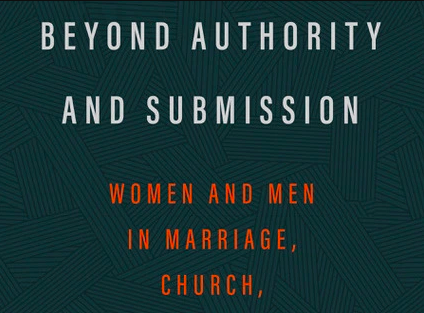Topics:
Search for topics or resources
Enter your search below and hit enter or click the search icon.
October 18th, 2011 | 3 min read

Karl Giberson and Randall Stephens have penned an excoriating editorial in the New York Times on Red-State evangelical fundamentalism. This is no surprise as Giberson, in particular, and Stephens, authors of The Anointed: Evangelical Truth in a Secular Age, have reigned over a cottage industry of articles bemoaning evangelical culture and anti-intellectualism.
I was given the opportunity to review their book in the pages of The Weekly Standard. As I write,
Giberson and Stephens have little problem with what the sociologist and Gordon College president Michael Lindsay refers to as “cosmopolitan” evangelicals—the culturally literate, for example, who read the New York Times and accommodate evolution to their faith. The authors highlight laudable individuals such as the Anglican scholar N. T. Wright, the geneticist and NIH director Francis Collins, and the aforementioned Notre Dame historian Mark Noll as intellectually minded evangelicals deserving of cultural and academic praise.
The proclivity for holding positions on the social periphery rather than the cultural center plagues younger evangelicals. Profiling one student’s experience toward the end of the book, the authors show that the fault lines dividing younger evangelicals from their parents seem to be as much intellectual as spiritual. As younger evangelicals become aware of secular inroads, a battle of head-versus-heart ensues. And when such dissonance occurs, a crisis of faith for those willing to accept the veracity of secular claims can be resolved, for some, with a “simple liberalizing,” whereby
specific beliefs—biblical literalism, young earth creationism, homosexuality as perversion, eternal torment of the damned in a literal hell, the sinfulness of abortion—are abandoned and other beliefs—the Bible as literature, concern for the environment, racial and cultural equality for oppressed groups, universality of salvation, an emphasis on social justice, tolerance of diversity—move to the center as animating ethical and theological concerns.
One can register uncertainty on issues such as origins, and the difficulty of navigating biblical genres, but modifications on other issues (as those quoted above) suggest a betrayal of long-held positions in Christian orthodoxy and sexual ethics. The authors assume that evangelicalism is a cultural and doctrinal monolith, which it is not. Young-Earth creationism is far from a settled issue within evangelicalism. Outside certain cloistered elements of evangelicalism, debate on the origins of the universe remains open. The same can be said for psychology.
While their rhetoric and condescension are deplorable, Giberson and Stephens do strike an appropriate concern on the intellectual tradition and integrity of evangelicalism. Their prescriptions, however, are little more than provocations in pursuit of cultural accommodation. In documenting scientific and historic quibbles, Giberson and Stephens—oddly— find themselves qualified to bring the consequences of their beliefs into other domains. As one of my friends aptly phrased it, Giberson and Stephens exceed the limits of their “intellectual jurisdiction.” The problem associated with scholars like Giberson and Stephens is that no topic of Christian theology is hermetically sealed off from, well, any other topic. And when proclamations of immense proportion are made in the scientific realm, there are theological implications, as well. The irony in their polemics is that, while accusing evangelical theologians of being scientific lightweights, Giberson (a scientist) and Stephens (a historian) feel confident espousing dogmatic theological claims that have real consequences on the integrity of Christian orthodoxy. In keeping with their attitude of chastising theologians for interpreting science with results that differ from their own interpretation, it would be equally appropriate for scientists and historians to keep their opinions on their own side of the fence. Science and religion must continue to be in dialogue, but not in the form of a well written mockumentary that Giberson and Stephens have written. Well-written and well-researched, The Anointed is a book dependent upon sweeping generalizations that may find scintillating approval in the New York Times, but may find little resemblance to traditional Christian teaching.
Topics: